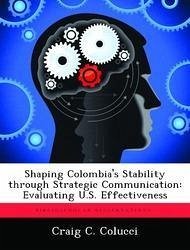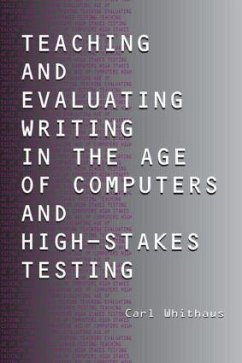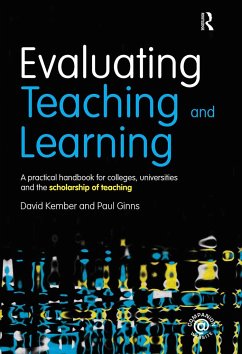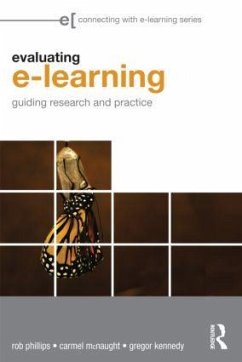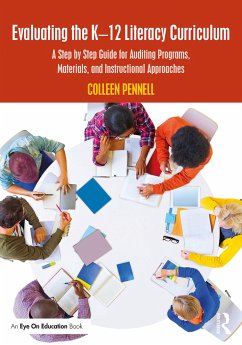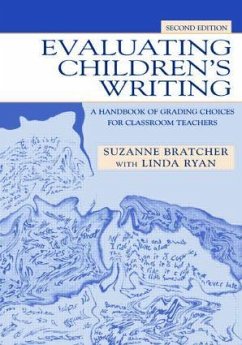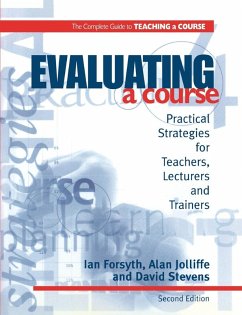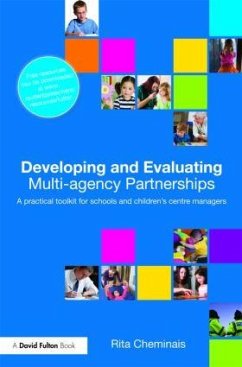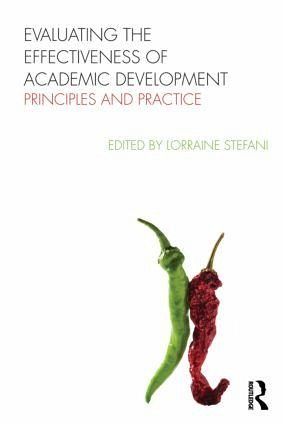
Evaluating the Effectiveness of Academic Development
Principles and Practice
Herausgeber: Stefani, Lorraine
Versandkostenfrei!
Versandfertig in 1-2 Wochen
63,99 €
inkl. MwSt.

PAYBACK Punkte
32 °P sammeln!
How can Academic Developers provide evidence of the effectiveness and 'added value' of their work to the key stakeholders within their institutions? Written for Academic Developers, academic administrators and others responsible for promoting organizational change, Evaluating the Effectiveness of Academic Development is a professional guide that shares best practice advice and provides developers with useful frameworks for effective evaluation and monitoring of their work. Through case studies and up-to-date examples from experts in the field, this collection explores the nuances of evaluative...
How can Academic Developers provide evidence of the effectiveness and 'added value' of their work to the key stakeholders within their institutions? Written for Academic Developers, academic administrators and others responsible for promoting organizational change, Evaluating the Effectiveness of Academic Development is a professional guide that shares best practice advice and provides developers with useful frameworks for effective evaluation and monitoring of their work. Through case studies and up-to-date examples from experts in the field, this collection explores the nuances of evaluative practice and the tensions inherent in claiming a causal link between academic development and organizational transformation. As higher education institutions continue to seek effective ways to determine the impact of academic development on organizational transformation in general and student learning in particular, Evaluating the Effectiveness of Academic Development is sure to be an invaluable resource.





